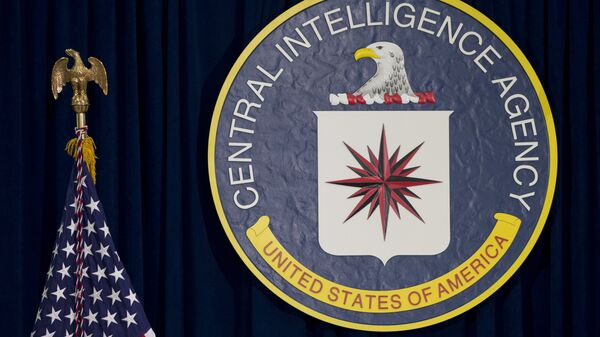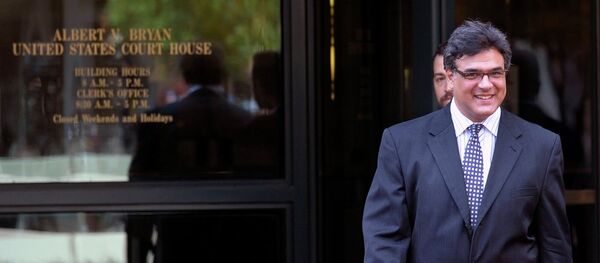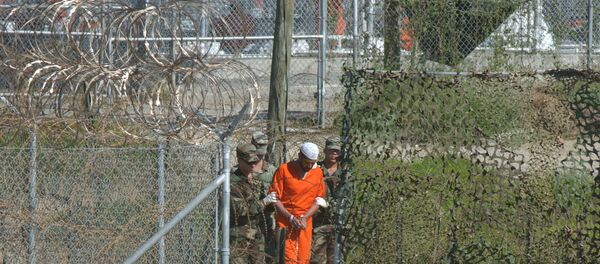"It’s virtually impossible to 'accidentally' destroy anything at the CIA, let alone a 6,700-page copy of the Senate torture report." Kiriakou told Loud and Clear, explaining that the intelligence agency’s rigid process for collecting and storing information makes such a blunder highly unlikely.
"The CIA is so paranoid internally about preserving classified documents, some of them so classified that they have to be kept in a safe… that I cannot believe that this was done accidentally."
Kiriakou was chief of CIA counterrorism operations in Pakistan immediately after the September 11th attacks. In that capacity he led a series of raids, one of which led to the capture of Abu Zubaydah, who at one time was thought to be third in command of Al-Qaeda.
Once his assignment in Pakistan was completed, Kiriakou returned to CIA headquarters and was asked if he wanted to become certified in "enhanced interrogation techniques," a term he claimed he was not familiar with. Once the definition was explained to him, he decided that he was not comfortable with the implementation of these techniques and declined to be involved.
"I sat on that secret for 5 years and I never said anything to anybody," Kiriakou said. "Finally in December 2007, after President Bush had sworn to the American public that we do not torture prisoners, and CIA officers came out to say that there was no torture program, I decided to go public, and to say that President George W. Bush was a liar and that the American public had a right to know what it’s government was doing."
Host Brian Becker commented that the report was "historically significant" because it came on the heels of the revelation that thousands of hours of video footage of Abu Zubaydah and other detainees being waterboarded had been destroyed. Becker said Kiriakou was "…the only CIA employee that went to prison over the exposure of the CIA’s torture program, not because (he) tortured anyone, but because (he) revealed the existence of the torture program."
After Kiriakou blew the whistle, he was subject to two different Justice Department investigations by two presidents, ultimately facing 45 years in prison for espionage, until taking a plea deal in January 2012 to serve 30 months.
Kiriakou believes that, even though the public is aware of the existence of the report and that different branches of government are in conflict about its status, ultimately, the report will remained classified. He points to the face-off between former Senate Intelligence chair Dianne Feinstein and current CIA Director John Brennan as proof, saying it creates an opportunity for the report to stay out of the hands of the public.
"What this had done is turn Senator Feinstein into an adversary of the CIA’s current leadership, if not the CIA itself," he told Becker. "And I think what we’re going to see coming out of this latest kerfuffle is that Feinstein will attempt to have the entire document declared a federal record, which it’s not. Because the document was produced by the legislative branch rather than the executive branch, it is not formally known as a federal record, and so there doesn’t have to be a permanent record of it in the national archives. If it is declared a federal record, then the CIA can destroy whatever copies its wants, because there will always be a copy in the national archives."
Kiriakou does believe, however, that it’s only a matter of time before the public furor around the torture become too big for the federal government to ignore.
"The CIA knew from the very beginning that what it was doing was wrong. Ethically, morally and even legally, and they decided to act anyway. Now the chickens are coming to home to roost. There has to be a price to pay for these lies."





